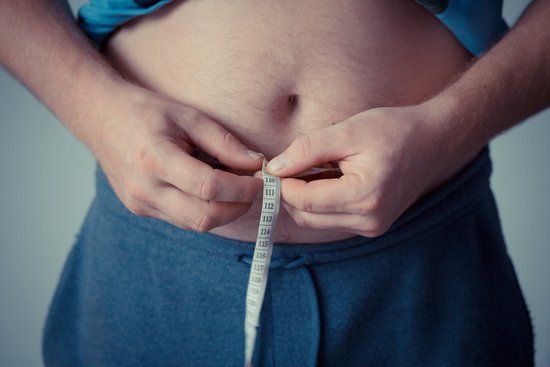Many studies have shown that your weight can affect your chances of success from IVF treatment if you’re using your own eggs, but now a new study has shown that for women who need to use donor eggs to have a baby, their weight isn’t necessarily an issue.
A study in America analysed previous studies involving over 4,700 women, and the results appeared to show that obesity doesn’t affect whether a woman becomes pregnant if she’s undergoing IVF with a donor egg. In the study, pregnancy rates were not significantly different between women with a normal BMI, and those who were classed as obese – in this study those with a BMI over 30.
At Manchester Fertility, if your BMI is high – over 35 - we will always encourage you to lower it prior to beginning your treatment, not only to ensure you are as healthy as you can be in preparation for your treatment, but also to give yourself the best chance of success.
Weight does appear to affect fertility, many studies do show this, although an exact reason why is yet to be pinpointed. It could be that obesity affects egg quality, or the actual uterus. But it’s why we only accept you as an egg donors or an egg-sharer if you weight is within the normal BMI range of 19-29, and why many NHS trusts do have BMI limits for IVF on the NHS.
If you have any questions about infertility treatment and BMI, please contact our team on 0161 300 2737.
Last updated: 4th August 2013



